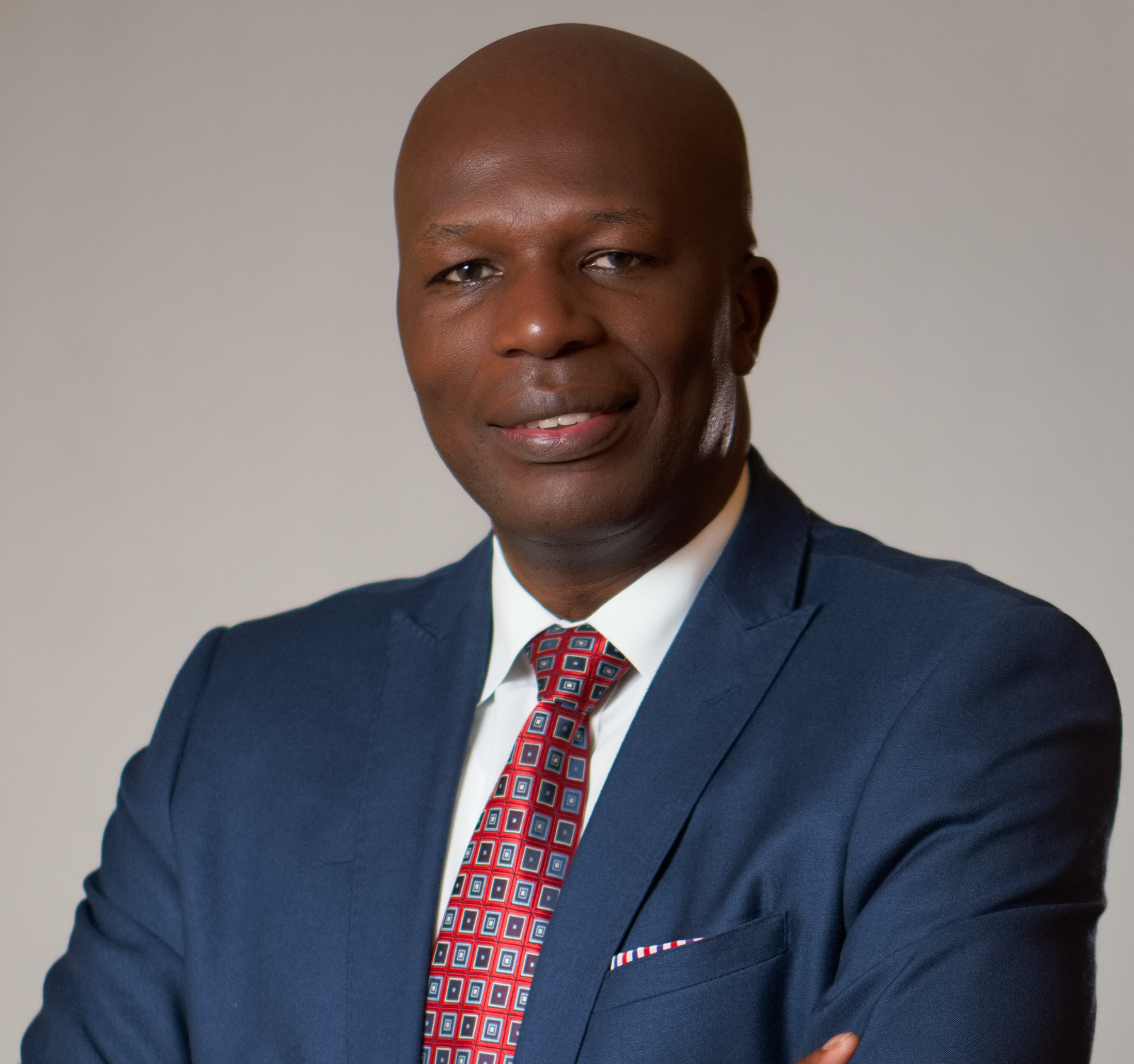NASSAU, BAHAMAS — Standard & Poor’s latest analysis of The Bahamas should be considered in a positive light but celebrated with caution, according to a governance reformer.
Hubert Edwards, head of the Organization for Responsible Governance (ORG) economic development committee, speaking on the rating agency’s latest full analysis report on The Bahamas, said: “S&P’s conclusion, having regard for all the circumstances of the country, including the significant economic decline as a result of the pandemic, and the rapid build-up of debt, should be considered in a positive light but celebrated with caution.”

He continued: “A careful assessment of the underlying findings invites deeper consideration than the outlook stated and confirms the consistent call for serious reforms, fiscal and otherwise. The indications are that over the next two to three years, there will not be any significant change to the country’s credit profile unless there is the emergence of some significant economic growth.
“S&P indicated that there is an expectation that the growth rate will revert to historical levels, reverting to 1.8 percent in 2023-24. Faced with limited growth and underlying credit vulnerabilities, the report ought to signal to policymakers the direction for policy shifts. The assessment must be considered against the backdrop that S&P has no expectation of significant public sector finance reform; concluded that the country is facing significant rollover risk; and there unlikely to be any material institutional changes.”
According to Edwards, while there is every expectation that the government will be able to meet its funding requirements, as was noted in the budget communication, credit enhancements and multilateral lending will be the only source with a full avoidance of the bond market.
“This is indicative of prevailing creditworthiness pressures. While S&P has maintained a “stable” outlook, the commentary around that conclusion seems to suggest that if not for the significant credit pressures, a “positive” outlook could have been achieved.
“This is indeed noteworthy and should not be overlooked. As I have noted in many instances prior, the circumstance of the country’s debt and the fundamentals going forward, such as the fact highlighted in the report that the interest burden will remain elevated over the next two to three years, the country’s experience for advancing reforms remains below expectation and the limited scope of the government in raising revenue.
“The administration deserves acknowledgment for effectively “holding things together” but must also contend with the clear need for more urgent action in the area of reforms,” said Edwards.
He noted that while it will be useful to absorb the positives from the report, careful attention must be paid to the underlying areas of weaknesses highlighted.
“We are mindful that this assessment would not have benefitted from programs and initiatives that have been recently started or are underway. We are further cognisant that certain policy positions which have been foreshadowed if properly implemented, could have some positive impact on economic growth,” Edwards remarked.
“The totality of the report, however, suggests that there is significant work to be done and the country, over the next two to three years, is likely to be faced with important headwinds largely created by the deficiency in structural reforms and pressures by credit realities.”






